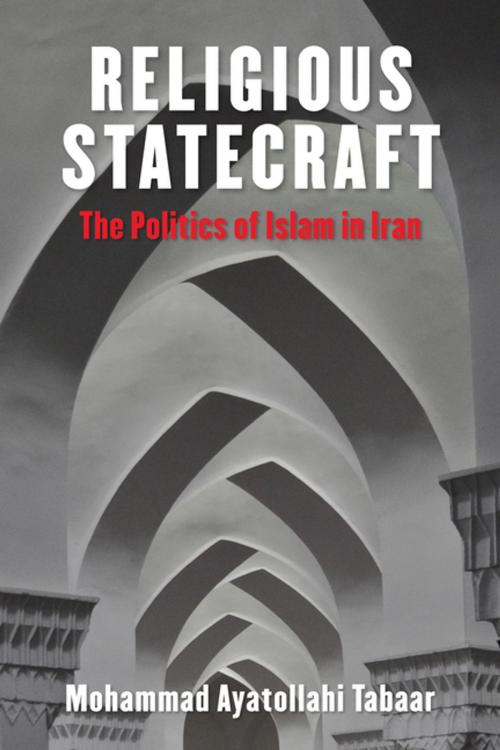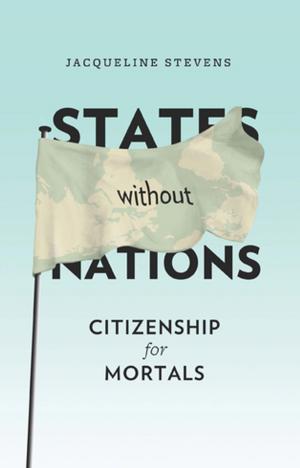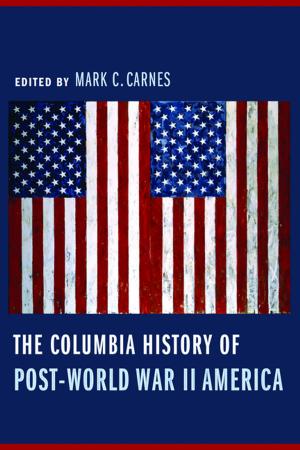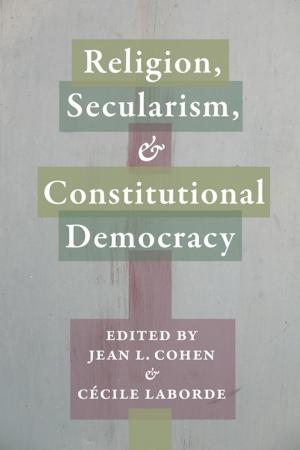Religious Statecraft
The Politics of Islam in Iran
Nonfiction, Religion & Spirituality, Christianity, Church, Church & State, Middle East Religions, Islam, Social & Cultural Studies, Political Science, International| Author: | Mohammad Ayatollahi Tabaar | ISBN: | 9780231545068 |
| Publisher: | Columbia University Press | Publication: | May 8, 2018 |
| Imprint: | Columbia University Press | Language: | English |
| Author: | Mohammad Ayatollahi Tabaar |
| ISBN: | 9780231545068 |
| Publisher: | Columbia University Press |
| Publication: | May 8, 2018 |
| Imprint: | Columbia University Press |
| Language: | English |
Since the 1979 revolution, scholars and policy makers alike have tended to see Iranian political actors as religiously driven—dedicated to overturning the international order in line with a theologically prescribed outlook. This provocative book argues that such views have the link between religious ideology and political order in Iran backwards. Religious Statecraft examines the politics of Islam, rather than political Islam, to achieve a new understanding of Iranian politics and its ideological contradictions.
Mohammad Ayatollahi Tabaar traces half a century of shifting Islamist doctrines against the backdrop of Iran’s factional and international politics, demonstrating that religious narratives in Iran can change rapidly, frequently, and dramatically in accordance with elites’ threat perceptions. He argues that the Islamists’ gambit to capture the state depended on attaining a monopoly over the use of religious narratives. Tabaar explains how competing political actors strategically develop and deploy Shi’a-inspired ideologies to gain credibility, constrain political rivals, and raise mass support. He also challenges readers to rethink conventional wisdom regarding the revolution, Ayatollah Khomeini, the U.S. embassy hostage crisis, the Iran-Iraq War, the Green Movement, nuclear politics, and U.S.–Iran relations. Based on a micro-level analysis of postrevolutionary Iranian media and recently declassified documents as well as theological journals and political memoirs, Religious Statecraft constructs a new picture of Iranian politics in which power drives Islamist ideology.
Since the 1979 revolution, scholars and policy makers alike have tended to see Iranian political actors as religiously driven—dedicated to overturning the international order in line with a theologically prescribed outlook. This provocative book argues that such views have the link between religious ideology and political order in Iran backwards. Religious Statecraft examines the politics of Islam, rather than political Islam, to achieve a new understanding of Iranian politics and its ideological contradictions.
Mohammad Ayatollahi Tabaar traces half a century of shifting Islamist doctrines against the backdrop of Iran’s factional and international politics, demonstrating that religious narratives in Iran can change rapidly, frequently, and dramatically in accordance with elites’ threat perceptions. He argues that the Islamists’ gambit to capture the state depended on attaining a monopoly over the use of religious narratives. Tabaar explains how competing political actors strategically develop and deploy Shi’a-inspired ideologies to gain credibility, constrain political rivals, and raise mass support. He also challenges readers to rethink conventional wisdom regarding the revolution, Ayatollah Khomeini, the U.S. embassy hostage crisis, the Iran-Iraq War, the Green Movement, nuclear politics, and U.S.–Iran relations. Based on a micro-level analysis of postrevolutionary Iranian media and recently declassified documents as well as theological journals and political memoirs, Religious Statecraft constructs a new picture of Iranian politics in which power drives Islamist ideology.















